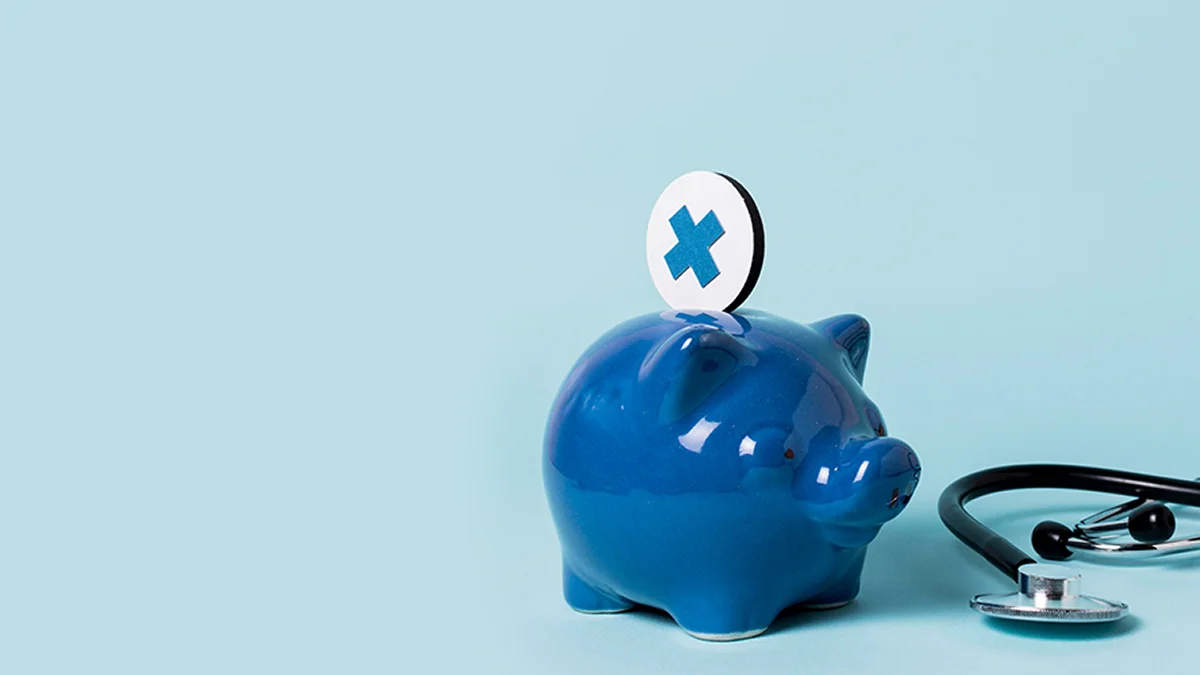Urgent financial emergencies like high medical expenses can often impact your savings and budget, especially when faced with unexpected health issues or requiring specialised treatments. In such challenging times, medical financing can serve as a valuable lifeline, ensuring that you have access to the healthcare you need without straining your finances.
This article explores the concept of medical financing, its benefits, available options, and how it can make quality healthcare more accessible to individuals and families.
What Is Medical Financing?

Medical financing is a form of financial assistance that allows you to cover different medical expenses through personal loan, or specialized healthcare financing programs. It addresses the gap between healthcare costs and the available resources, ensuring that people can access necessary medical treatments, surgeries, or procedures without delay.
Benefits of Medical Financing for Healthcare Access
Medical financing offers several advantages that contribute to improved healthcare access, such as:
- Immediate Access to Treatment: It ensures that you can proceed with medical treatments promptly, preventing health conditions from worsening due to any delays.
- Flexible Repayment: Many medical financing options offer flexible repayment terms, allowing you to choose a plan that aligns with your budget.
- No Need to Deplete Savings: Instead of depleting your savings or emergency funds, it lets you keep your financial safety net intact.
- Broader Healthcare Options: With medical financing, you can explore a wider range of healthcare providers and facilities, including those offering specialized treatments.
- Improved Quality of Life: Access to quality healthcare through medical financing can significantly improve the quality of life for you and your loved ones.
ALSO READ :- Check Your CIBIL Score to Apply For A Personal Loan…!
Types of Medical Financing
There are different types of medical financing available for you that you can choose as per your needs, including:
- Medical Loans: These loans are specifically designed to help cover urgent medical expenses and are offered at flexible repayment terms.
- Credit Cards: Using a credit card for medical expenses can be a quick solution, but it's important to note that it may involve higher interest rates.
- Healthcare Line of Credit: Specialised healthcare credit lines function like a credit card but are exclusively for medical expenses, offering promotional interest rates.
- Medical Financing Programs: Some healthcare providers and institutions offer in-house financing programs or partner with financial institutions to provide medical financing options.
How to Apply for Medical Financing
Applying for medical financing is a straightforward process that involves the following steps:
- Compare Available Options: Explore different medical financing providers, and compare interest rates, terms and conditions, associated costs, and eligibility criteria.
- Check Eligibility Criteria: Check the prerequisites of your chosen financing option and make sure that you meet the specified eligibility criteria.
- Gather Documentation: Prepare the necessary documentation, which typically includes identification, proof of income, and details of the medical expenses.
- Submit Application: Complete the application process, either online or in person, and submit the required documents.
- Receive Approval: Upon successful approval of your application, the funds will be disbursed directly to the healthcare provider or your bank account, depending on the financing option selected by you.
Tips for Choosing the Right Medical Financing Option
When selecting a medical financing option, consider the following factors:
- Interest Rates: Seek medical financing options that come with favourable interest rates that can lead to affordable EMIs.
- Repayment Terms: Evaluate the repayment period and select an option that aligns with your budget and financial goals.
- Charges: Be aware of any additional fees or charges associated with medical financing, such as processing fees or late payment penalties.
- CIBIL Score: Understand the impact of your CIBIL score on the interest rate and approval process. A CIBIL score of 700 and above is generally considered good by lenders.
Provider Network: Check if your preferred healthcare provider or facility accepts the chosen medical financing option.
Conclusion
Access to quality healthcare is a fundamental right, and medical financing plays a crucial role in ensuring that this right is upheld. By understanding the concept, exploring available options, and making informed choices, individuals and families can tackle the complexities of healthcare expenses with ease. When it comes to your health, medical financing can be the key to a healthier, more secure future.
Medical financing also offers a lifeline to individuals and families, ensuring that necessary medical treatments are accessible without causing financial hardship. By choosing the right medical financing option, you can address healthcare expenses with confidence, focusing on what truly matters—your health and well-being.
We take utmost care to provide information based on internal data and reliable sources. However, this article and associated web pages provide generic information for reference purposes only. Readers must make an informed decision by reviewing the products offered and the terms and conditions. Loan disbursal is at the sole discretion of Poonawalla Fincorp.
*Terms and Conditions apply